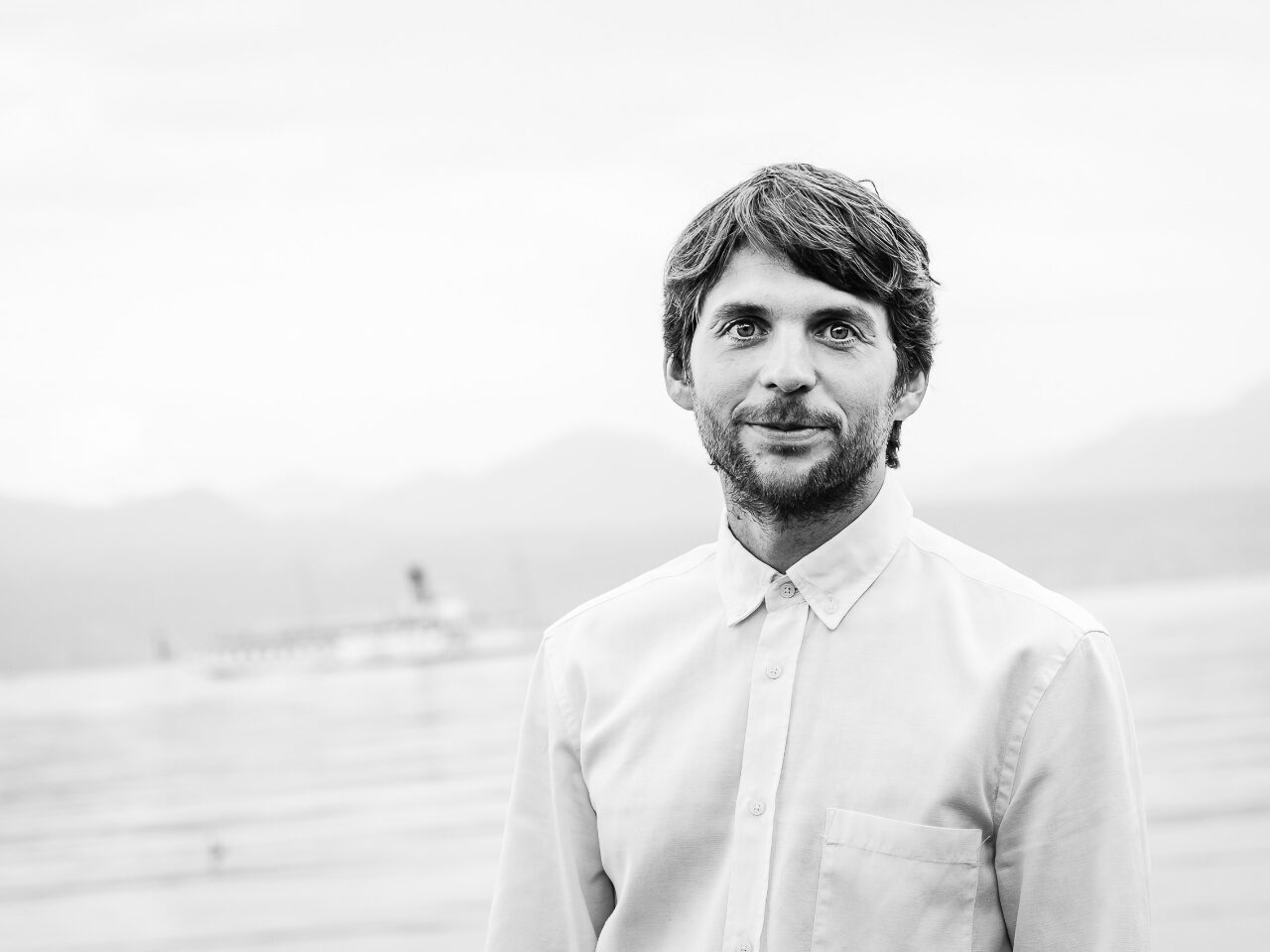How can the EU’s approach towards internet standards be improved?
“How can the EU’s approach towards internet standards be improved?” was the focal point of an Open Future roundtable event in February. The event focused on a recent research report by our 2023 fellow, Clément Perarnaud.
In the report, Clément argues that the EU’s recent policy approach in the field of internet standardization has been characterized by a series of inconsistencies, partly as a result of its emerging digital sovereignty agenda: the European Commission seems to be torn apart between its new ambition of asserting more control through and over the internet, and its more long-standing aim to protect it as a global and open network. In view of the upcoming European elections in June 2024, the report proposes a series of avenues for the EU to address those inconsistencies and support a “more open” internet both from a technical and political perspective.
After a brief presentation that kicked off the event, the report was discussed by three experts in the internet standards space: Mallory Knodel (Center for Democracy and Technology), Olaf Kolkman (Internet Society), and Geoff Huston (Asia Pacific Network Information Centre). The discussion highlighted the main points of convergence and divisions in this field, namely: what should be done to make the internet more open and how should the EU intervene, along with other public regulators, when it comes to global internet standard-setting.
Keeping the internet open
The speakers agreed that today’s internet is characterized by a series of patterns that gradually limit its openness. They referred, for instance, to the consolidation of internet infrastructures in the hands of a small set of companies or to the growing claims for more control over the internet voiced by an increasing number of state actors. The speakers also tentatively agreed on the relative limitations of the EU approach, and the challenges posed by its policy agenda with regards to core principles on which the internet relies, as evidenced by a recent series of Internet Society’s Internet impact assessments.
Yet, the debate also showed some interesting oppositions between the speakers as to what should actually be done to address these issues from a public policy perspective. If the problem seems to be clear for everyone, the answers – not so much.
To address this problem, the report listed a series of proposals for an EU vision that would be conducive to more openness for the internet. More precisely, it identified six areas in which the EU could support the development of more open internet standards, referring both to the standards themselves and to the processes by which they are formulated and adopted.
Way forward: policy and openness
As fostering interconnectivity should not be an end in itself, the internet standards supported by the EU need to have more far-reaching policy objectives.
These policy objectives must include promoting the de-consolidation of the internet, pushing for greater cooperativity, and supporting, unequivocally, end users’ privacy. These objectives could be operationalized through the various means listed in the report, including public procurement (as mentioned also by Mallory Knodel during the debate), at the disposal of the EU
The report also argues that in the field of internet standardization, the current status quo – namely the predominant private industry-driven regime – falls short in terms of democratic accountability, legitimacy, and inclusion. Therefore, Clément asserts that the next European Commission approach toward internet standards should support the opening of new ways to effectively contribute to the making of internet standards for actors that are not large technological corporations. These efforts should aim, in particular, at de-privatizing standard-setting, broadening participation, and politicizing standards. On this particular pillar, our speakers expressed rather contrasting views, which reflects that simply bringing new voices to the internet standard-setting conversation is no silver bullet.
For Geoff Huston, internet standard-setting spaces, such as the Internet Engineering Task Force (IETF), are largely unfit for political actors whose ambition is to exercise power over the internet industry and embed specific values and norms into the internet. As further developed in Huston’s recent blogpost, the IETF reflects, rather than shapes, the current needs and desires of industry actors. As a result, attempts to “parachute” policy representatives or civil society actors may primarily disrupt standard-making processes and progressively limit its added value (and appeal) both for the industry as a whole and the general public.
Olaf Kolkman, on the other hand, flagged that political attempts to “influence” internet standards-setting need to account for the complex set of incentives that most companies respond to when choosing to cooperate with others over standards. Any policy strategy aimed at internet standard-setting venues must factor in this crucial dimension (the complex opportunity structures of global, private technical arenas), so as to be not detrimental to its own action.
Including public-interest stakeholders in standards-setting
While recognizing these inherent challenges, the report underlines the added value for the EU in better informing and supporting public interest stakeholders, who are currently largely absent from (and mostly unaware of) these technical conversations, despite the clear social and political implications of the standardization processes.
Paul Valéry’s maxim “how many things one must ignore in order to act!” holds true to this day, but the case of standard-setting also reminds us that to act, one also needs to know.
The EU would benefit from facilitating the involvement of actors that are not included in these technical fora, regardless of their location, as long as they promote an internet centered on public interest and remain mindful of another important risk, the one of being overly instrumentalized in these industry-driven processes.
Surely, the event was only a small but useful step to pave the way for an alternative EU-internet-policies-path and contribute to Open Future’s ongoing efforts of re-imagining the internet and building infrastructures for the public good.





